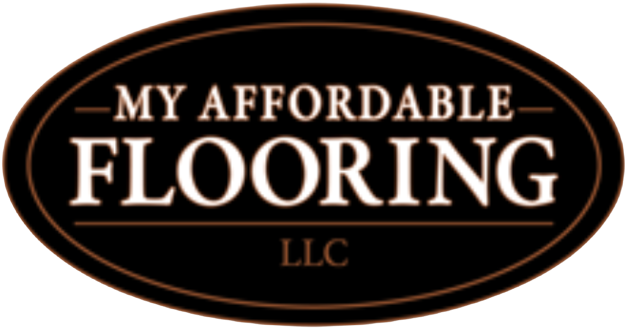There are many different species of wood to choose from for your hardwood floors. There are also many different flooring alternatives that can mimic hardwood floors. But with so many different species of wood, how can you know which will work best for you?
To help you choose, here are some different species of hardwood floors, their benefits, and how they fare on the Janka scale.
Popular Woods for Hardwood Floors
Red Oak
Red oak is the most commonly used species of wood that homeowners choose, and for good reason. It is hard yet relatively inexpensive.
The Janka Scale, a scale that measures the hardness of wood, rates oak at 1290. Considered a harder species, red oak is more durable than other hardwoods that rank high on the Janka Scale. And yet, according to Home Advisor, the national average cost of oak floors per square foot is only $2 to $6. This is the least expensive compared to walnut, which costs $8 to $16 per square foot according to Floor Critics.
Walnut
Walnut is also a very popular choice for homeowners looking to install wood floors. A very soft material for hardwood floors, walnut ranks at 1010 on the Janka Scale. And although walnut has a low rating, it is still a popular flooring species. In fact, according to a blog from CT Floor Supply, walnut floors are easy to clean, and they are resistant to chips and stains. Walnut also works well for custom flooring.
Hickory
Hickory has a very slick and elegant look that will surely impress anyone that walks through your house. Because hickory is a very hard wood that ranks 1820 on the Janka Scale, it’s an ideal choice for those in need of tough floors. However, for those looking to do a custom installation, hickory may not be the best choice. That’s because, according to a blog post from Home Reference, hickory can be a difficult material to cut and sand.
For those with children or pets, having a softer species may be the best bet.
Mahogany
Mahogany is the softest species in this list, scoring 800 on the Janka Scale. It is, however, still an extremely durable and stable species that offers longevity. Plus, it is known for its resistance to water damage and wood termites.
Having a strong, durable floor is good in cases where a lot of people may be moving throughout the house, or if you live in a temperate climate.
Narrowing Down Your Choices
Choosing the right species of wood for your hardwood floor ultimately comes down to preference. There are, however, technical and stylistic factors that still come into consideration. For example, you may want a softer type of wood for durability or a harder species that can hold up to foot traffic in your home.
If you live in the Milwaukee, Racine, or Chicago areas and are considering hardwood floors, call My Affordable Flooring for a free quote. Or learn more about our custom hardwood flooring services here.
